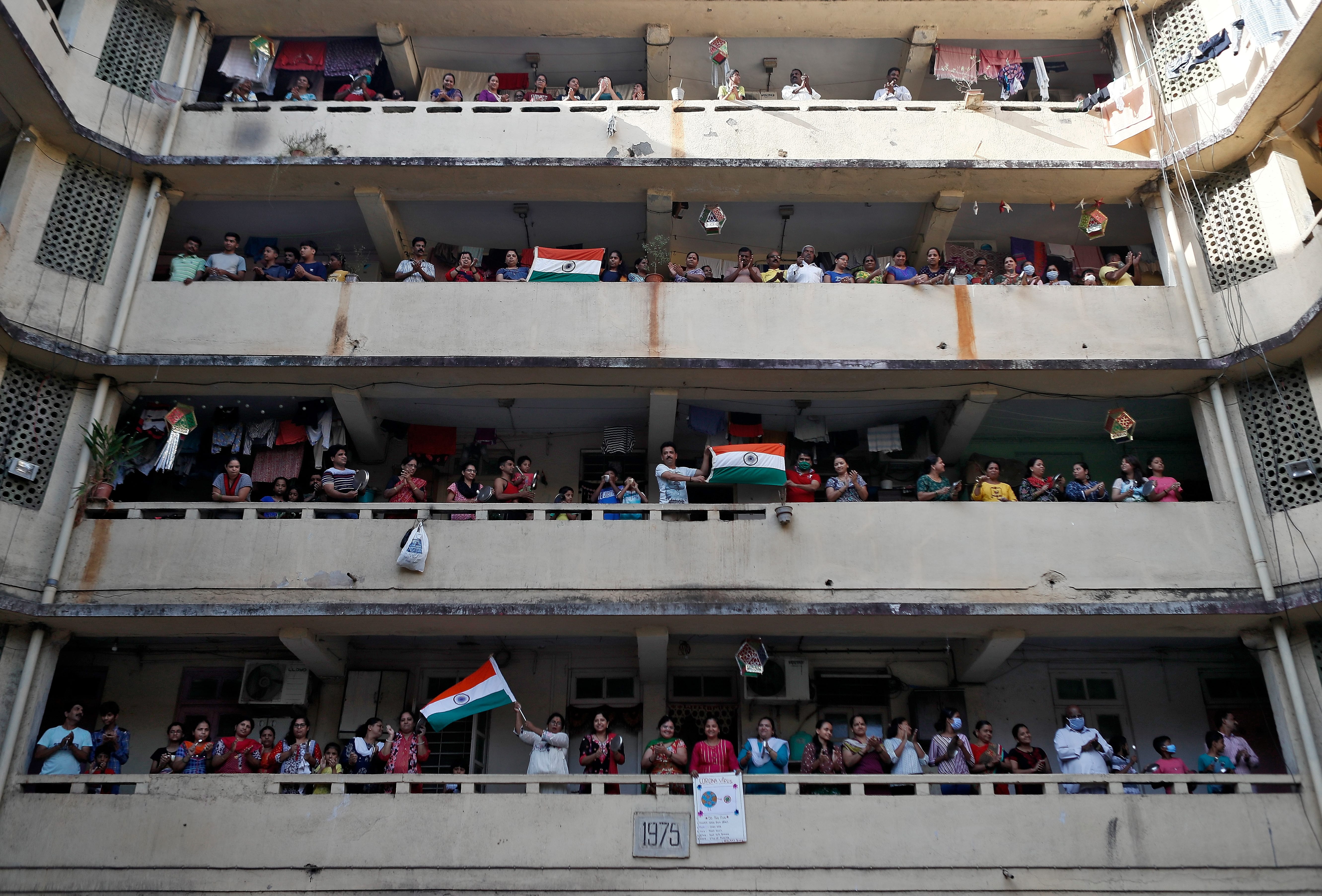- Monday, April 28, 2025

By: indiaweekly.biz Staff
MILLIONS of Indians stayed at home on Sunday (22), heeding the prime minister’s appeal for people to self-isolate to contain the coronavirus pandemic as the country’s confirmed cases crossed 340, with seven deaths.
While the “Janta Curfew” was voluntary not an outright ban on movement, Narendra Modi’s appeal resonated and streets across India wore a deserted look, paving way for government to impose swift measures to suspend rail and transport services this week.
Ahead of the start of the curfew, Prime Minister Narendra Modi said, “In a few minutes from now, the #JantaCurfew commences. Let us all be a part of this curfew, which will add tremendous strength to the fight against COVID-19 menace.”
The streets are empty but the resolve to fight COVID-19 is full. #JantaCurfew https://t.co/9fTjpbhjal
— Narendra Modi (@narendramodi) March 22, 2020
Federal and state governments completely shut down 75 districts across the country and Indian Railways, which carries more than 25 million commuters a day, cancelled all passenger train services until March 31.
Air quality in the usually noisy and bustling financial capital of Mumbai has improved markedly and social media users posted videos of empty streets with the sound of birds chirping.
Very good!
Step back and appreciate the finer aspects of life. #JantaCurfew https://t.co/Hfws6UqLYH
— Narendra Modi (@narendramodi) March 22, 2020
Firefighters in western India fumigated areas around closed markets, public squares and urban slum districts as fears of community transmission of the virus grew across India.
Experts have warned that coronavirus cases in India mirror rates during the early stages of the outbreak in other countries before they experienced exponential increases.
With a population of more than 1.3 billion people, India is trying to battle a pandemic with limited resources.
“The curfew period has given us a chance to scale down each and every activity across India,” said a senior aide to Modi, adding that a more rigid approach could trigger protests or unrest.
“A breakdown of law and order will be the worst thing to happen at this point,” he said on condition of anonymity.
Factories, large industrial parks and banks were declaring shutdowns or finding ways to minimise contact in offices.
Vegetable stalls and small tea shops were quietly closed down by local police and truck drivers were given free masks and sanitisers at checkpoints on inter-state highways.
State leaders urged citizens not to rush to villages but tensions mounted as angry labourers protested at some bus stations against sudden closures of basic transport services.
Private events, such as weddings, and local elections were cancelled while the federal government sought to accelerate production of masks and allowed deodorant manufacturers to produce sanitisers.
Do remember,
5 PM this evening for 5 minutes…
Be on your terraces, balconies or windows to express gratitude to all those who are working 24/7 so that our nation becomes free from COVID-19. #JantaCurfew pic.twitter.com/Cwds0v4cJ8
— Narendra Modi (@narendramodi) March 22, 2020
Modi had asked citizens to stand at balconies and near windows on Sunday evening to clap and ring bells in praise of emergency personnel and sanitation workers on the frontline of the fight against the coronavirus. The masses responded with fervour.
India has cancelled most entry visas for people flying in from other countries. Facebook’s WhatsApp has partnered with the federal government to launch a helpline for sharing accurate information about the epidemic and tackle the spread of misinformation through its platform. India is WhatsApp’s biggest market with 400 million users.